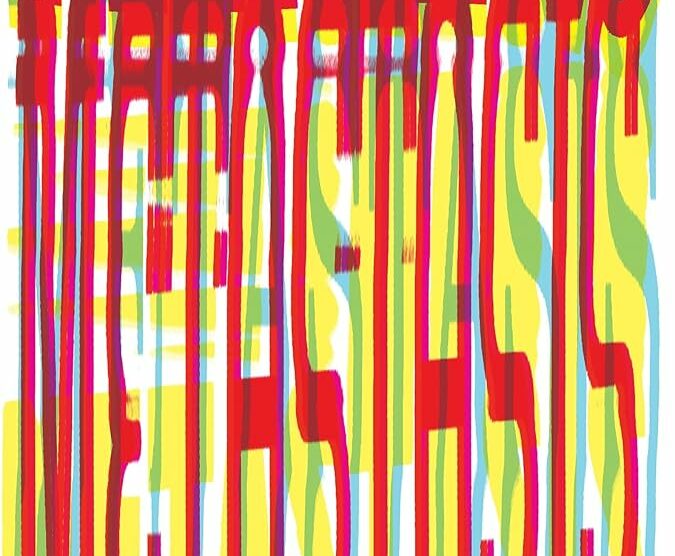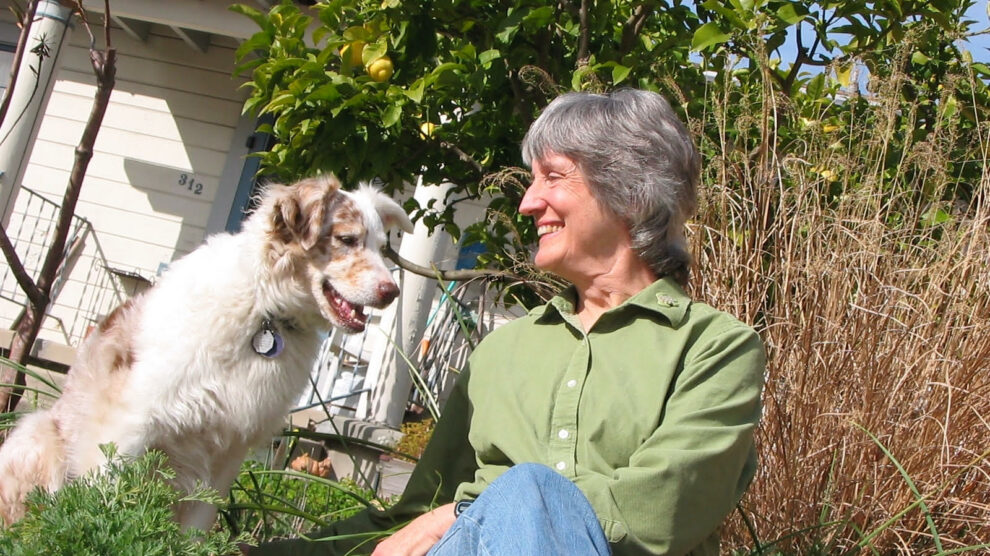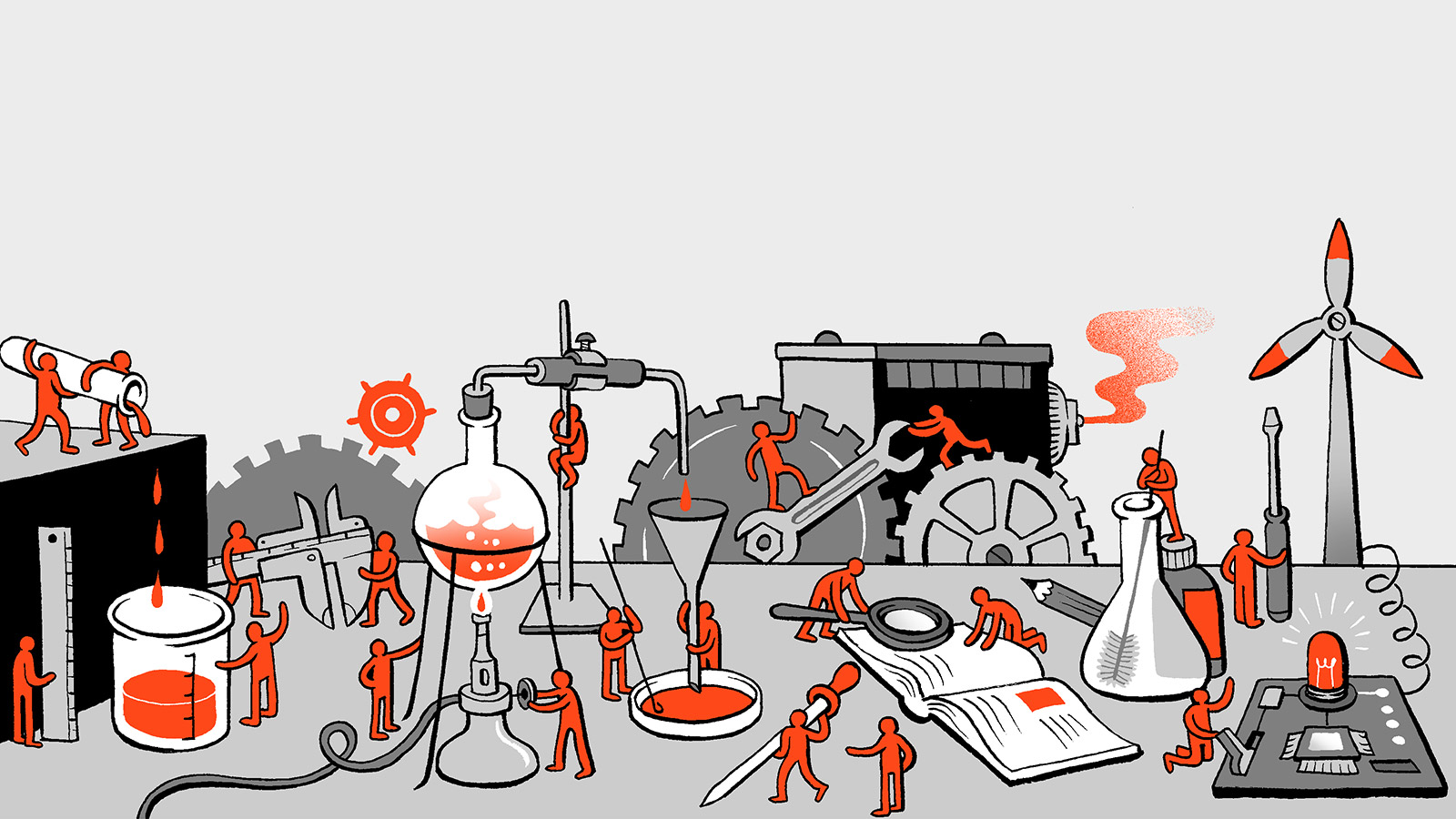Letter from the Editors
Volume 22, number 2, The Science We Need
Scientists and societies can envision research programs that bolster authoritarianism, militarism, industrial expansion, colonialism, pollution, and environmental devastation. Or, scientists and societies can envision—and bring about—science that liberates. Science that preserves what is precious, in service to living communities. The new issue of Science for the People calls for “Envisioning and Enacting the Science We Need.” The vision of “the science we need” found in this issue aims at a science that’s less individualistic and elitist, and at putting science into the hands of the people.
Envisioning and Enacting the Science We Need
We begin from the need to build sites of radical science in practice. Many of the pieces center on engaging the public in scientific endeavors. Some focus on the concept of STEM Justice, “a movement to redefine STEM as a tool for dismantling systems of oppression and constructing collective liberation”:
- Bennett McIntosh delves into the relationship between science journalism, institutional science, and funding centers.
- Shannon McManimon, Choua Her, and Joseph Adamji write about creating a living, breathing practice of STEM Justice working with young people at the Kitty Anderson Youth Science Center. Their research-practice partnership is informed by a radical theory of science education.
- Shannon Dosemagen’s article on community science shows how scientists engaging in participatory research can integrate their work within community organizing on the front lines.
- Our online edition features Giulia Barsuola’s passionate, principled analysis of how the persistence of gender binary thinking affects research in neuroscience, including how it is a barrier to the flourishing of trans and nonbinary scientists.
- Jamie Bemis’s review of Creating an Ecological Society is a foretaste of our upcoming issue on the People’s Green New Deal.
Decolonization of the institutions and practices of science are front and center in this issue. Identifying justice as the specific aim of scientific practice requires that we shift away from dominant cultural worldviews including white supremacy, colonialism, capitalism, and patriarchy:
- Edna Bonhomme traces the causal relationship between the horrific cholera outbreak in Yemen and the current Saudi-led and US-backed war. Bonhomme argues that we must develop a decolonized medicine, intervening with an anti-imperialist praxis.
- Emma Harnisch’s review of This Is Not an Atlas discusses counter-mapping projects around the world and their potential to take tools that have been “used to justify neocolonial and neoliberal agendas and flip them upside-down,” calling on scientists in all fields to learn from these methods of resisting worldviews embedded with oppressive power.
In solidarity,
Editorial Collective,
Volume 22, Number 2
Science for the People!
We are especially grateful for all of those who volunteer their time, labor, and knowledge to make this magazine happen, and for those SftP members—of this generation and the original organization—who donated to our Kickstarter and Patreon campaigns to get this issue into print and ensure that we can pay our contributors.
Science for the People appears three times a year in print, and online at magazine.scienceforthepeople.org. Our next issue, Vol. 23, No. 1, “Science Under Occupation,” will survey how science can be used as a liberatory practice even while it has so often exacerbated deadly power dynamics between peoples and nations, the colonized and the colonizers, in communities from Palestine to Puerto Rico. The following issue, “A People’s Green New Deal,” will contribute to the outpouring of ideas, organizing, support, and criticism that has greeted the Green New Deal proposal over the past year.
Every issue of Science for the People will feature reports documenting grassroots organizing among scientists and activists in Science for the People chapters around the world. Check out our website, scienceforthepeople.org, to get involved with a local chapter or a working group.
We’re an organization built by and for our members, and the publication is a reflection of that. The goal of these and all Science for the People articles is to inspire people to join the struggle to build science that works for justice and to arm ourselves with the knowledge to fight for a better world. The process of working with authors, editors, artists, and designers to build a magazine for our movement has helped us to learn more deeply about how scientists and activists might come together, where we might agree or disagree, and how we can build solidarity. We invite you to read, share, debate, and discuss these articles, and to use them to frame your own politics of scientific practice.
Do you have an idea for a theme for a future issue of the magazine, or do you want to join an editorial collective? Email us at magazine@scienceforthepeople.org to get involved.





